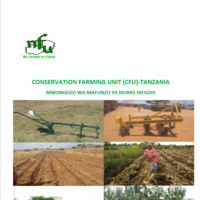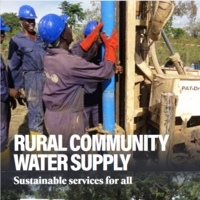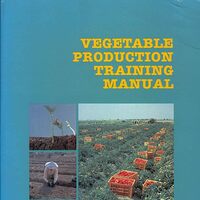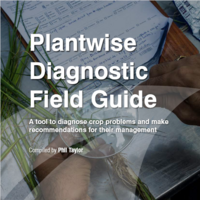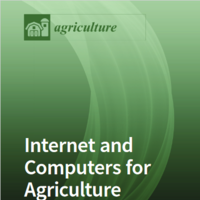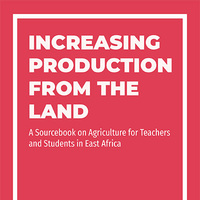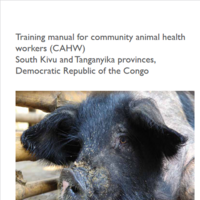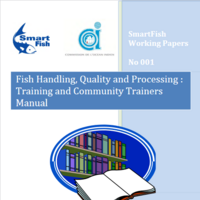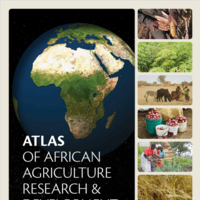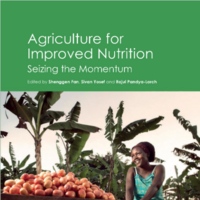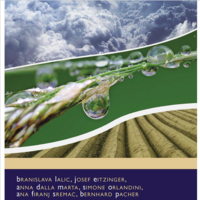Search
Books+
Searching 1,730 books
Search related to the career Agricultural Professional
Qualifications for an Agricultural Professional
To become an Agricultural Professional, individuals typically need to possess a combination of education, skills, and experience. The specific qualifications may vary depending on the specific role and employer, but the following are commonly sought after:
1. Education:
Agricultural professionals often hold a bachelor's degree in fields such as agriculture, agronomy, horticulture, or a related discipline. Some positions may require a master's degree or higher, especially for research or specialized roles.
2. Knowledge of Agricultural Sciences:
Professionals in this field should have a strong understanding of agricultural sciences, including plant and animal biology, soil science, crop production, pest management, genetics, and agricultural economics.
3. Practical Experience:
Hands-on experience is highly valued in the agricultural industry. Practical experience can be gained through internships, apprenticeships, or working on farms or agricultural research facilities. This experience helps develop skills in areas such as crop cultivation, livestock management, equipment operation, and data analysis.
4. Problem-Solving Skills:
Agricultural professionals need to be adept at identifying and solving problems related to crop production, pest control, soil health, and other agricultural challenges. Strong analytical and critical thinking skills are essential for effective problem-solving.
5. Communication and Interpersonal Skills:
Effective communication is crucial for agricultural professionals to collaborate with farmers, researchers, policymakers, and other stakeholders. Strong interpersonal skills are necessary for building relationships, conducting outreach programs, and providing advice to farmers.
6. Technical Skills:
Proficiency in using agricultural technology and software is becoming increasingly important. Knowledge of precision farming tools, data analysis software, geographic information systems (GIS), and other relevant technologies can enhance an agricultural professional's efficiency and productivity.
7. Adaptability and Flexibility:
The agricultural industry is constantly evolving, and professionals need to adapt to new technologies, research findings, and industry practices. Being open to learning and embracing change is essential for success in this field.
8. Business and Management Skills:
For those in leadership or managerial positions, knowledge of business principles, financial management, marketing, and project management can be valuable. These skills are particularly important for agricultural professionals involved in farm management, agribusiness, or agricultural consulting.
It's important to note that specific job requirements may vary, and some positions may have additional qualifications or certifications. However, possessing a combination of education, practical experience, technical skills, and a passion for agriculture can pave the way for a successful career as an Agricultural Professional.
Source: Various AI tools
Vocational skills
Agriculture
Books tagged agriculture
Farmers
Books tagged farmers
Professors
Searched in English.
